EU ambassador rejects Swiss supervisory plan
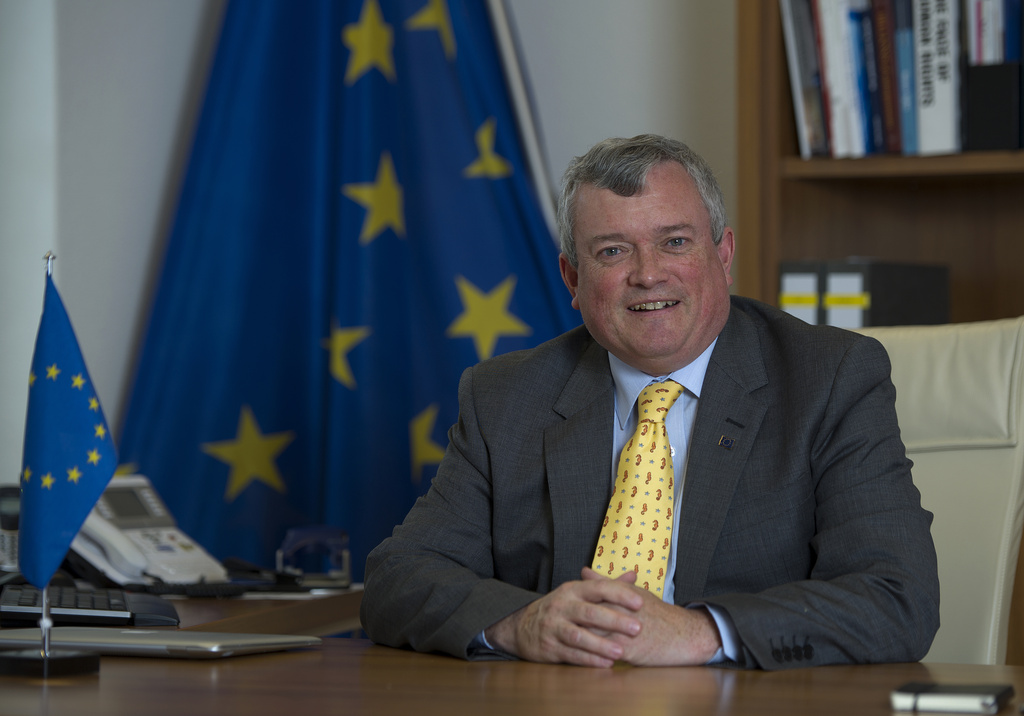
The European Union ambassador to Switzerland says the EU does not back the cabinet’s recent idea to create a national supervisory authority to oversee accords; he urges Switzerland to reconsider the idea of the European Economic Area (EEA).
In an interview in the German-language SonntagsZeitung newspaper, Richard Jones said the EEA, a halfway house to EU membership which Swiss voters narrowly rejected in 1992, had an effective system for dealing with difficult questions.
“Its structure is clear,” said Jones. “There are the monitoring authorities of the European Free Trade Association (Efta) and the Efta Court, which oversees legal disagreements. These tasks are not explicitly delegated to states themselves.”
He felt this system “worked very well”.
The principles of the internal market dictate that none of the parties involved may issue their own rulings, he added.
Despite current difficulties, the EU ambassador is confident that a solution can be found.
If that is not possible “no other accords relating to the internal EU market” would be possible, he declared.
Current negotiations are in limbo. Bern would like to make progress on issues such as electricity, agriculture or technical barriers to trade.
But the EU has been blocking discussions on new agreements until the institutional question is resolved. It would like the creation of an institutional framework which would resolve the issue of adjusting to the community acquis – the body of EU law – however the Swiss do not want automatic adjustments to any accords signed.
Future roadmap
Three weeks ago the Swiss government outlined a number of “institutional principles” for its future roadmap governing relations with Europe which are set to form the basis of future institutional solutions to be put forward to Brussels.
It proposed Switzerland sets up an “independent national authority” to oversee the implementation of bilateral accords with the EU which could initiate a judicial procedure if an agreement is thought to have been violated. A similar structure could also be created on the EU side.
Regular changes in European and Swiss legislation mean traditional accords suffer from a number of discrepancies that must be ironed by joint Switzerland-EU committees. However given the large number of agreements – around 120 since 1972 – those committees are finding it hard to keep up.
Switzerland is not part of the EU but is an Efta member, alongside Norway, Island and Liechtenstein, which are also members of the EEA.
The Swiss government decided in 1992 to apply for negotiations on EU membership. The application is currently shelved.
The government’s 2006 report on European integration stated that the Swiss policy is based on bilateral treaties.
In August 2010 the government published a report on the country’s European integration policy, which declared that bilateral accords were still the best way to work with the EU, despite increasing difficulties.
It has concluded 20 major bilateral agreements with the bloc. There are also about 100 secondary bilateral accords between Bern and Brussels.
Bilateral treaty package I (1999)
Focused on opening up markets, the free movement of persons, technical barriers to trade, public markets, agriculture, air, road and rail transport and Swiss participation in EU research programmes.
Bilateral treaty package II (2004)
Covered new economic interests and extended to cooperation and political questions (internal security, asylum, environment and culture), the Schengen/Dublin Accords, savings tax, processed agricultural products, media, environment, statistics, fraud, pensions, education and professional training.
Negotiations are underway to update existing accords (the free movement of persons, technical barriers to trade, public markets, air transport, processed agricultural products). There are plans to adapt the accords on savings tax and fraud.
New talks were launched in 2007 for electricity, agriculture, health, consumer protection issues, food chain and product safety, chemical product safety and company taxation.

In compliance with the JTI standards
More: SWI swissinfo.ch certified by the Journalism Trust Initiative
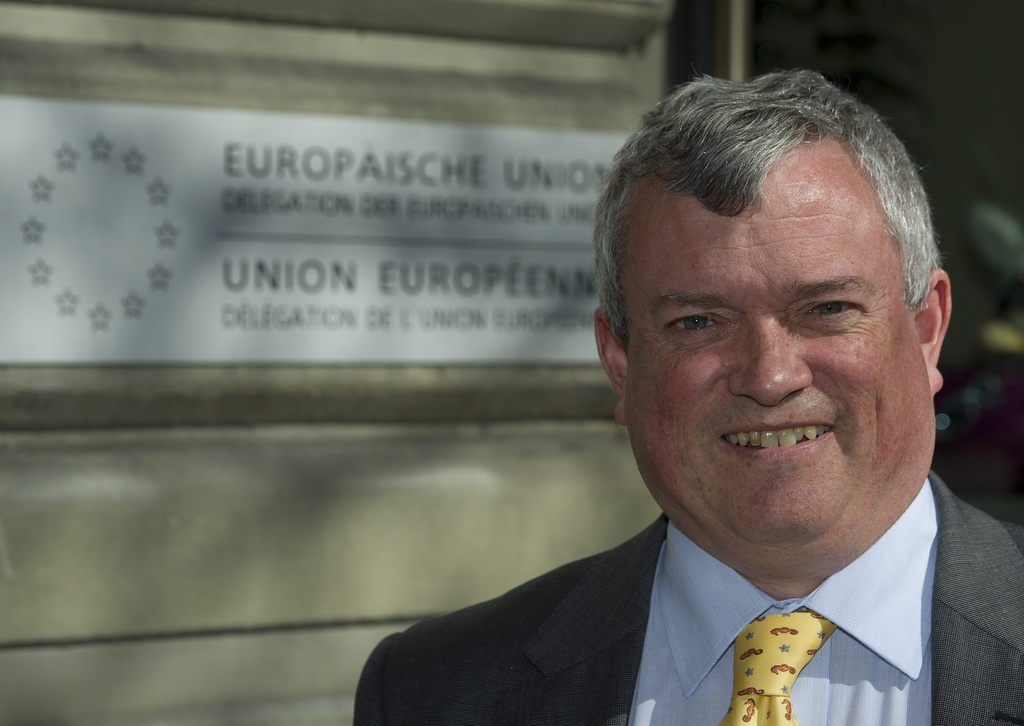
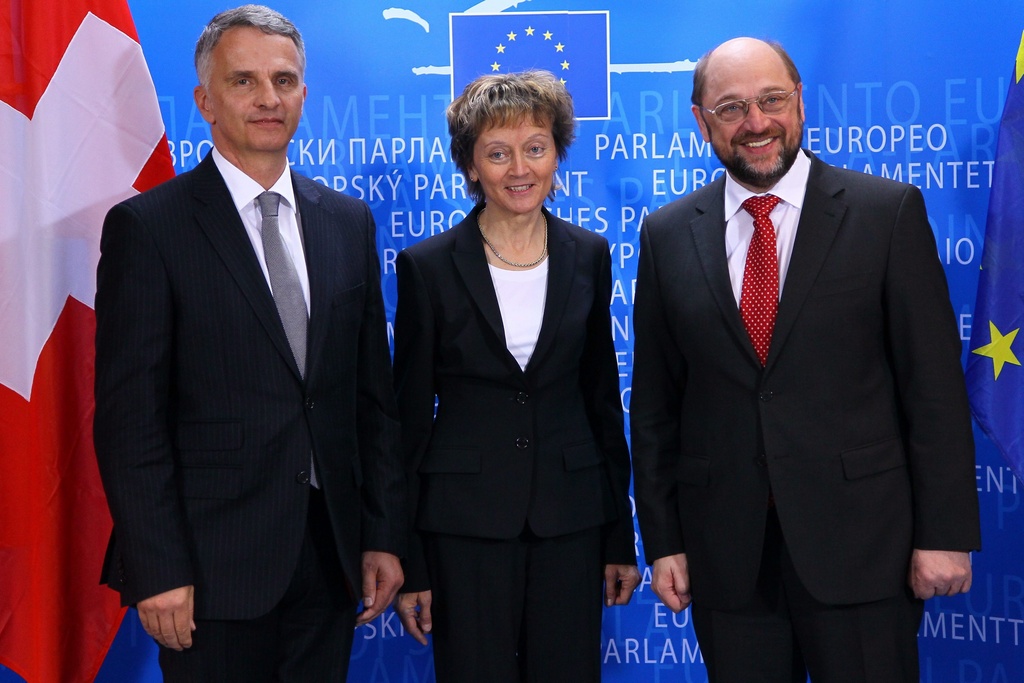
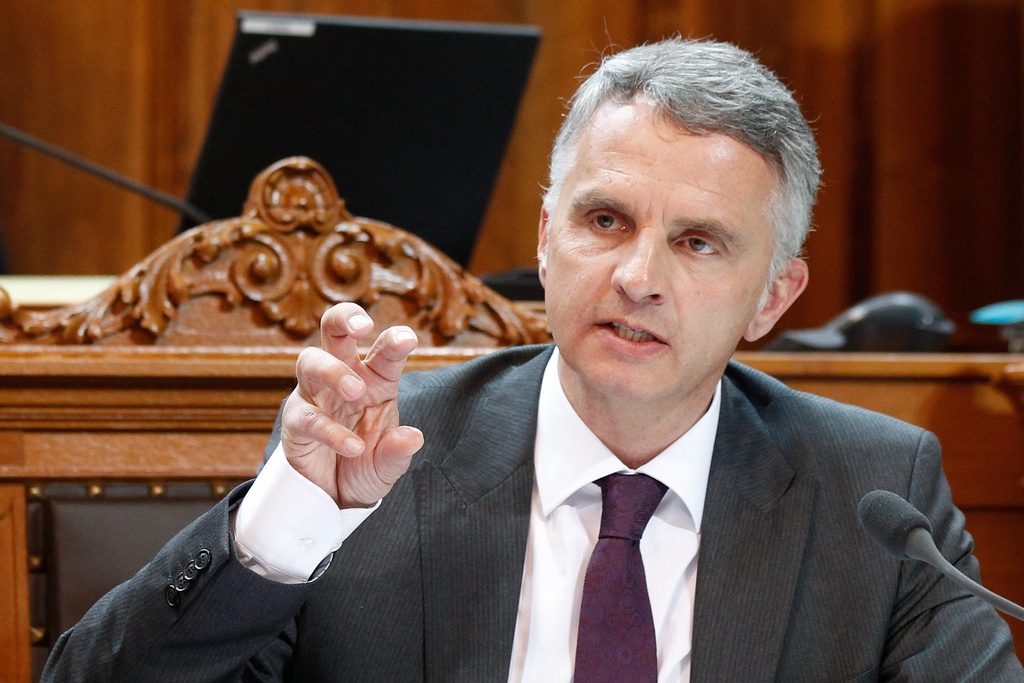
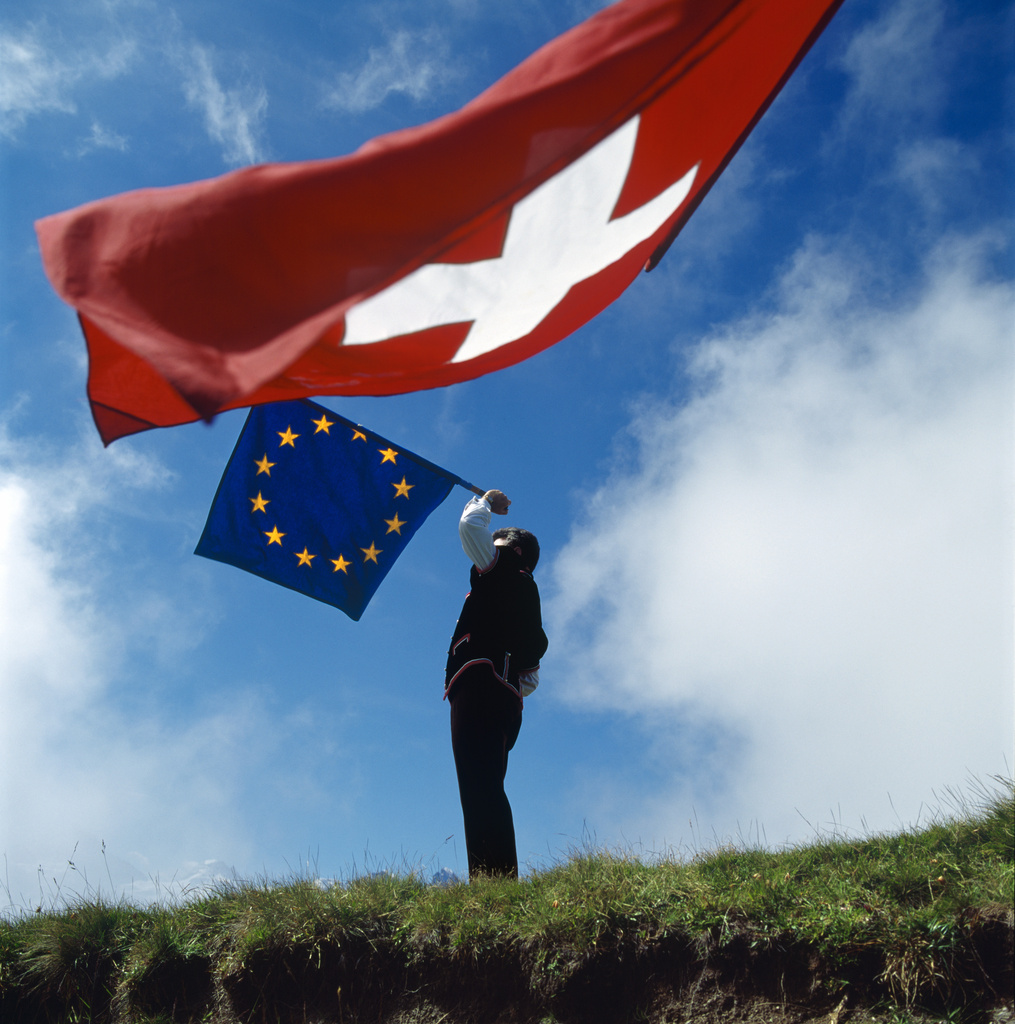
You can find an overview of ongoing debates with our journalists here. Please join us!
If you want to start a conversation about a topic raised in this article or want to report factual errors, email us at english@swissinfo.ch.